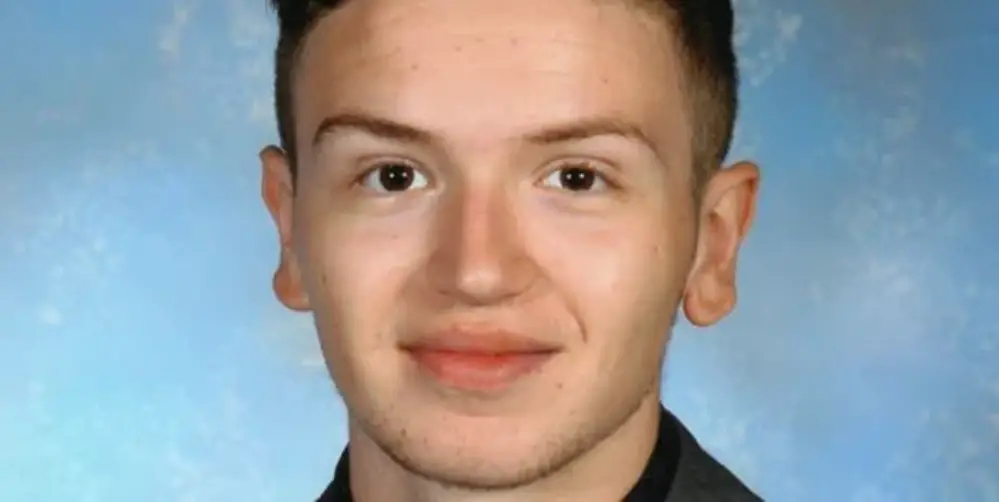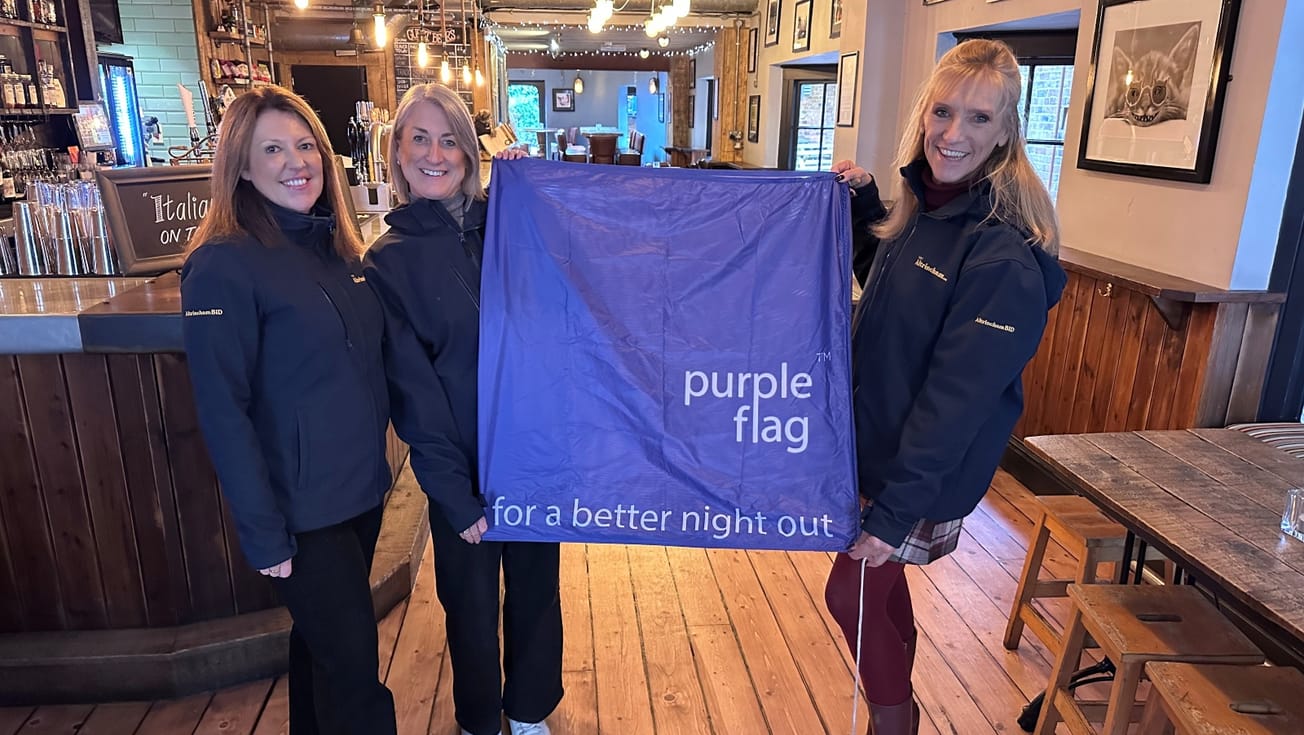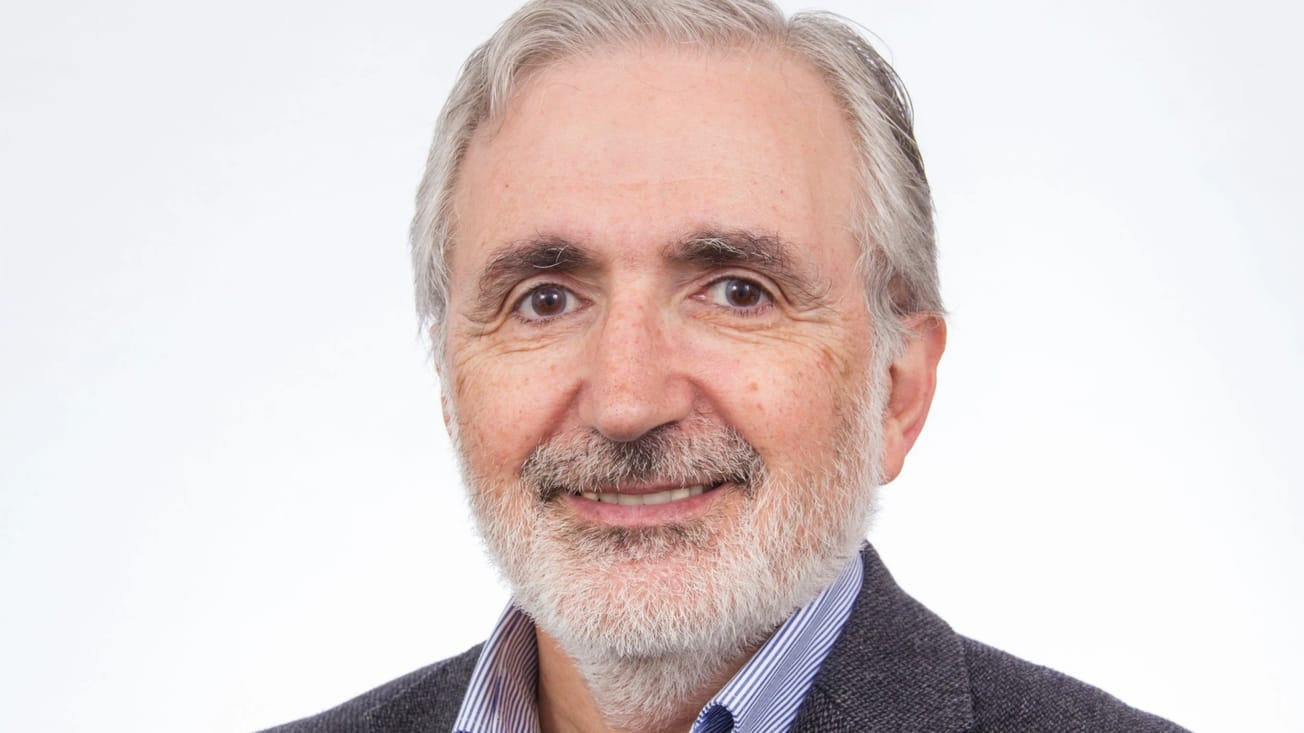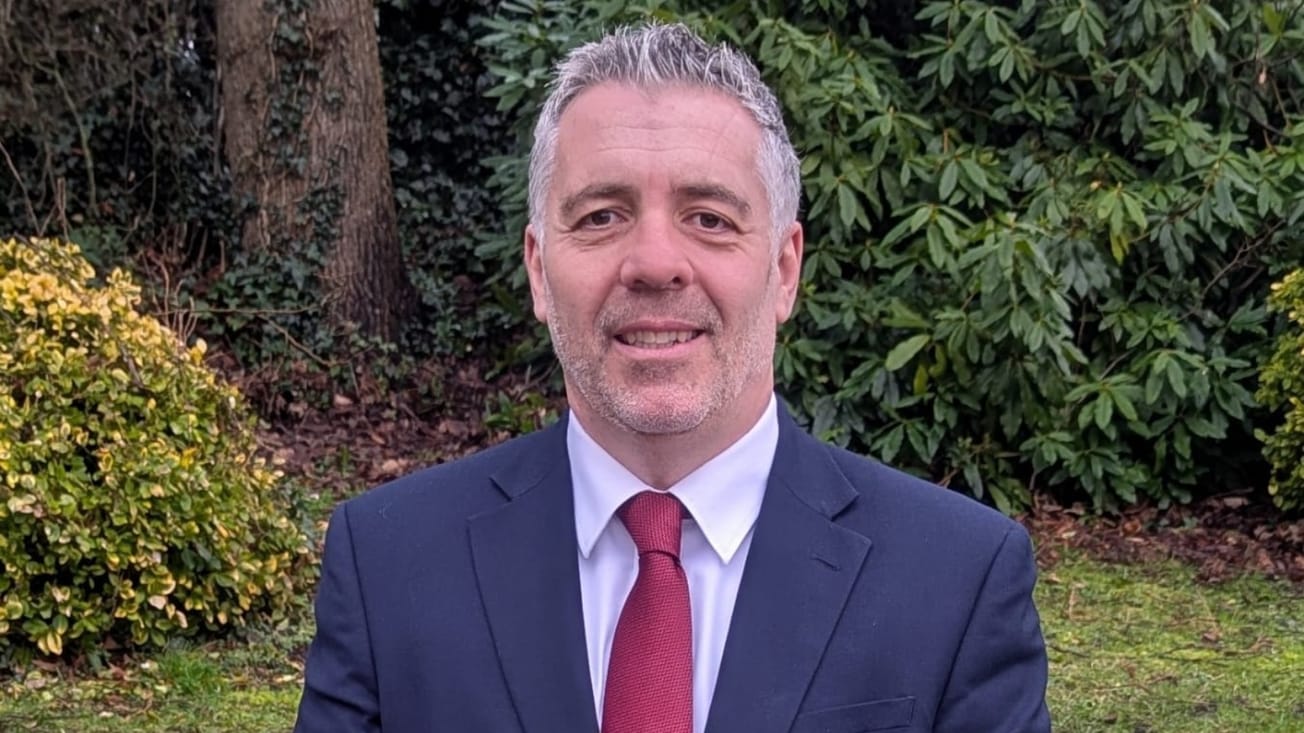A 17-year-old who bought the knife that killed Yousef Makki in Hale Barns last year has lost a High Court bid to keep his identity secret until he finishes his education.
The teenager, known only as ‘Boy B’ during the case so far, went on trial alongside Joshua Molnar after the death of their friend, 17-year-old Yousef, in March 2019.
Yousef, a Manchester Grammar School student, died after being stabbed in the heart during a fight with Molnar.
Molnar was subsequently cleared of murder and manslaughter following a trial at Manchester Crown Court after successfully convincing the jury he had acted in self-defence. He was convicted of the lesser charges of possessing a knife and perverting the course of justice and was sentenced to 16 months, and his identity was revealed in October when he turned 18.
Boy B was cleared of perverting the course of justice but convicted of possession of a flick knife and given a four-month detention order.
His anonymity, like Molnar’s, automatically expired when he turned 18, which in Boy B’s case was last Friday.
But he asked the High Court to protect his identity until November 2021 to enable him to complete his A Levels and “get his life back on track”.
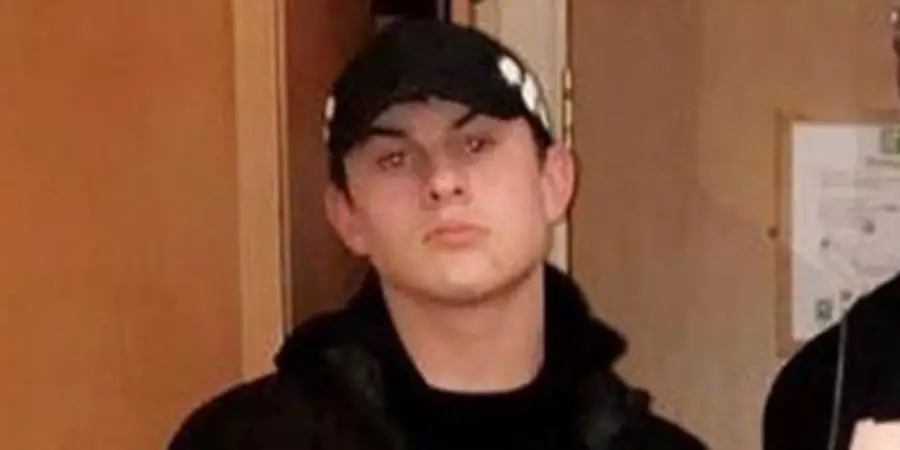
However, in ruling at the High Court this morning, Mrs Justice Steyn said that “the curtailment of the claimant’s and his family’s right to respect for their private and family life is, in my judgment, clearly justified by the compelling public interest in open justice”.
She added: “The most significant aggravating feature was that (Boy B) bought the knife with which Yousef was killed.”
She said that possession of a knife was “a serious offence and there is a strong public interest in knowing the identity of those who commit serious offences”.
Boy B cannot be named just yet as his lawyers have launched an appeal.
Mrs Justice Steyn said that the prospect of being named in court was a “powerful deterrent” to others.
She added: “There is an important public interest in understanding the prevalence of knife crime. Such understanding depends, at least in part, on knowing who is committing such crimes.”

